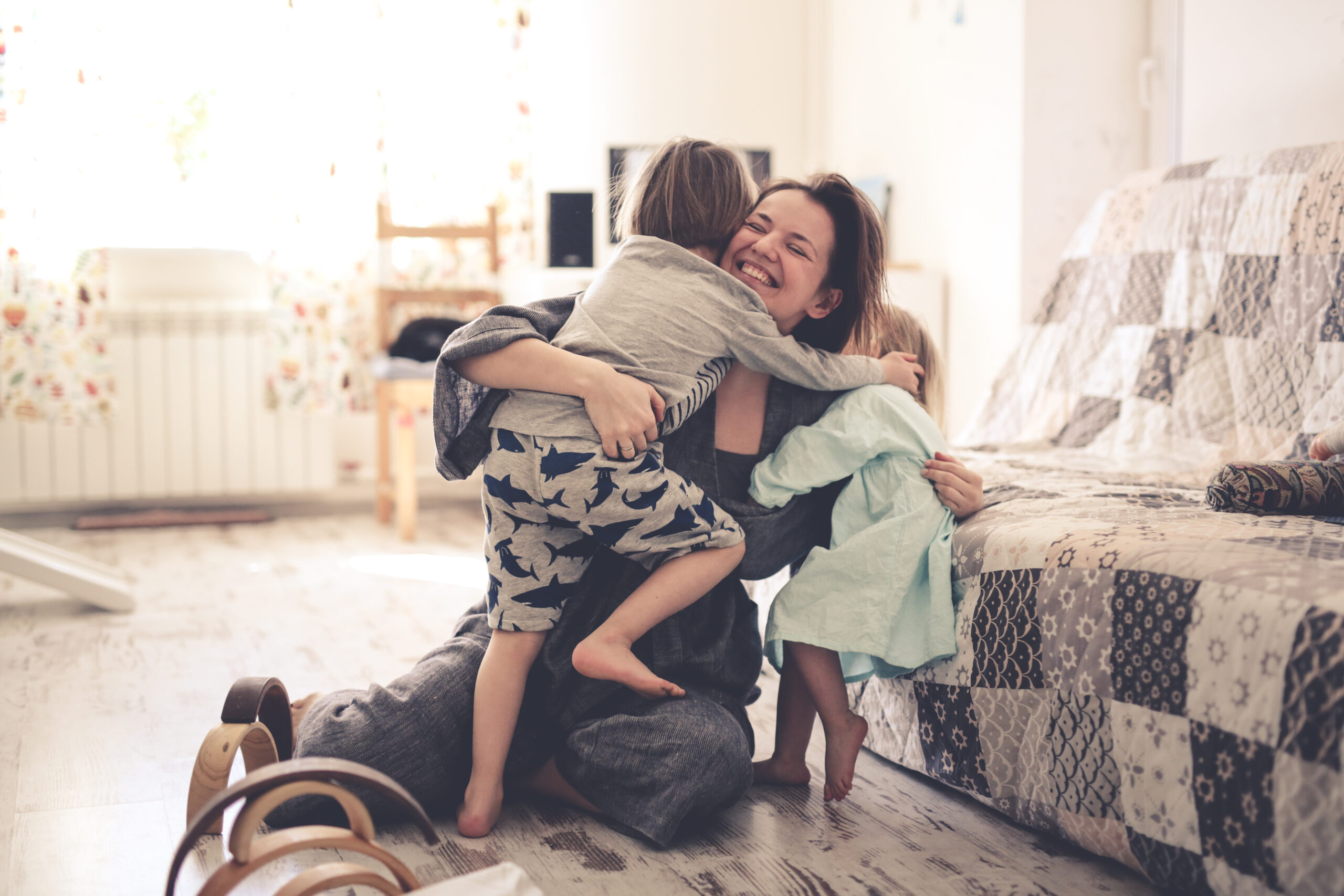Condominium Unit Owners Insurance
Your condo association has existing coverage to protect you, but that only covers the exterior and the shared spaces of your condo. When it comes to property and liability concerns inside of your condo unit, you will need your own separate protection in the form of a Condominium Unit Owners policy.
What Does Condo Insurance Cover? Beyond your personal spaces and any shared spaces you're responsible for, condo owners also need protection for friends, family, and other guests who may visit their home, which means having legal or liability coverage.
Complex Condo Insurance
The more complex your condo and your individual responsibilities are, the more coverage you may need. But here are the three major coverage areas included in standard condo insurance policies.
Dwelling Coverage
Personal Property Coverage
Liability Coverage
These three components make up the core of condo insurance packages. Working together with an Elwell agent is a great way to get the right amount of coverage in each category for your unique home.
Landlord Rental Dwelling Insurance
Dwelling coverage- This covers your unit’s structural components like the walls, ceilings, and floors.
Personal property coverage- This covers your personal belongings like furniture, clothing, electronics, knickknacks, silverware, etc., that are stored within the unit from perils such as fire or theft. This coverage also protects the building elements you’re responsible for, like toilets, showers, flooring, etc.
Liability coverage- This covers legal expenses, like attorney fees, court fees, and settlements in the event you are sued for bodily injury or property damage to a third party.
Farm Insurance
Farm insurance is a unique type of insurance, much different from homeowners or commercial insurance. It’s also a broad category, as it can include small family farms, hobby farms, large agribusinesses, and ranches. In addition to being able to cover any type of farming equipment, it can also cover your house, and provides liability protection against lawsuits that could arise from your farming operations.
Since it’s fairly complex and requires a thorough understanding of both your farming activities and the insurance options available to cover them, it’s best to speak with an Elwell agent who can guide you through the process and make sure you’re properly covered.
Farm insurance is very flexible in what it can cover, and is able to be tailored to the exact needs of each farm. Most farm insurance policies contain at least the following things:
Dwelling
Farm Liability
Outbuildings
Livestock
Farm Equipment
Grain
Farm insurance is often a hybrid of personal insurance and commercial insurance. Sometimes it looks a lot like homeowners insurance, while at other times it very closely resembles commercial insurance.
Dwelling- Most farm insurance policies cover the farmer’s house, though technically this isn’t required. When the house is on the policy, it’s usually covered at replacement cost or actual cash value, just like a homeowners insurance policy. You can still have farm insurance even if you don’t have a house on the policy.
Farm Liability- Farm liability is fairly broad and flexible. It provides liability coverage in case you or your farm is responsible for somebody else’s injuries or property damage. And it can be structured to cover more than one location, such as farms with many acres that are spread out over multiple farms.
Outbuildings- If you insure your house on your farm policy, you’ll receive an automatic 10% of your home’s coverage that applies to any outbuildings. However, those outbuildings can’t be used for any type of farming activity, and this really only applies to things like detached garages and sheds. Barns and any other outbuildings that are used for farming must be specifically listed on your policy. You can typically choose the amount of coverage you want on it, but typically only new barns in excellent condition will be eligible for replacement cost coverage.
Livestock- You can choose to insure your livestock on either a blanket or a scheduled basis. Blanket coverage means that all of your livestock are covered under one limit, while scheduling lets you pick and choose which livestock you’d like to insure. Be sure to discuss the value of the livestock with your independent insurance agent, because livestock values can fluctuate considerably from year to year, which increases the risk that you’re not adequately insured.
Farm Equipment- Similar to livestock coverage, your farming equipment is not automatically included when you buy a farm insurance policy, so you’ll need to add it. Your farm equipment could include anything from tractors and harvesters, to farm tools and drones. You can also choose whether you want to have blanket coverage or scheduled coverage. Blanket insurance is more expensive but lets you have more wiggle room in the value of each covered item. Whichever method you choose, you’ll need to provide an equipment list that shows each item you have and what its value is. Some items won’t need to be listed out, like low value miscellaneous tools that are worth a total of a few thousand dollars.
Other Farm Personal Property- This category consists of small tools and equipment, grain, hay, silage, seed, fertilizer, pesticide, supplies, etc. and can be covered under a farm personal property blanket endorsement.
Homeowners Insurance
Your Elwell & Associates protection team can help give you a clear, personalized picture of the coverage you need, but every homeowners policy generally comes with four main types of coverages:
Structural Damage
Personal Property Coverage
Personal Liability
Additional Living Expenses
Structural Damage- Perhaps the most commonly used protection, this includes damage to your home and any other covered structures on your property due to fire, severe storms and other common risks.
Personal Property Coverage- This will depend on the policy. Items like furniture may only be covered up to a depreciated value, whereas valuables like jewelry might not have any coverage at all, requiring additional insurance protection.
Personal Liability- This will cover legal expenses if someone is injured, or if their personal belongings are damaged while on your property.
Additional Living Expenses- If your mobile home suffers damage which requires temporary relocation of your family, most policies will pay for a hotel and other living expenses, including groceries.
Landlord Rental Dwelling Insurance
This coverage is specifically designed for landlords. In short, landlord insurance is protection for property owners who rent out owned residential homes, apartments, or condos. This protection helps property owners recover from financial loss due to damage caused by fires, break-ins, severe weather, injuries, and more. All landlord insurance policies contain different coverages. There's a beginner's basic policy that includes the minimums, but when you work with an Elwell agent, you'll get coverage tailored specifically to your needs. At a bare minimum, your landlord insurance should cover the following:
Property Damage
Liability
Loss of Use
Property damage- Covers loss after most natural and human causes (except flood protection, which is insured separately).
Liability- Helps cover legal representation and damage if you're sued
Loss of use- Helps support your business financially if your property is uninhabitable and can't receive rent
Mobile Home Insurance
Insurance for mobile homes is actually quite similar to homeowners insurance, as it typically includes coverage for physical damage and personal liability. Meaning you are protected if your mobile home has been damaged due to a covered loss or if you’re liable for injury to someone else.
Structural Damage
Personal Property Coverage
Personal Liability
Additional Living Expenses
Structural Damage- Perhaps the most commonly used protection, this includes damage to your mobile home and any other covered structures on your property due to fire, severe storms and other common risks.
Personal Property Coverage- This will depend on the policy. Items like furniture may only be covered up to a depreciated value, whereas valuables like jewelry might not have any coverage at all, requiring additional insurance protection.
Personal Liability- This will cover legal expenses if someone is injured, or if their personal belongings are damaged while on your property.
Additional Living Expenses- If your mobile home suffers damage which requires temporary relocation of your family, most policies will pay for a hotel and other living expenses, including groceries.
Renters Insurance
Renters insurance is designed to protect those who are actively renting a house or apartment. This usually includes coverage for the following:
Personal Property Coverage
Personal Liability
Additional Living Expenses
Personal Property Coverage- This is the backbone of a renters policy. It covers your personal belongings, like clothes, furniture, and electronics. There’s typically a minimum coverage amount, such as $20,000, but this can be increased.
One interesting way to help understand what is considered part of the structure and what’s considered your personal items is to imagine flipping your place upside down and shaking it. Anything that would drop out is usually considered personal contents, while anything that stays would be part of the house. However, it’s important to thoroughly examine your rental agreement for any exceptions to this general rule of thumb.
Personal Liability- Provides coverage for lawsuits that could be brought against you, including both defense costs and settlement amounts. Typically starts at $100,000 in coverage.
Additional Living Expenses- This is usually an automatic coverage that reimburses you to temporarily live somewhere else if your house or apartment is uninhabitable due to a covered claim.

